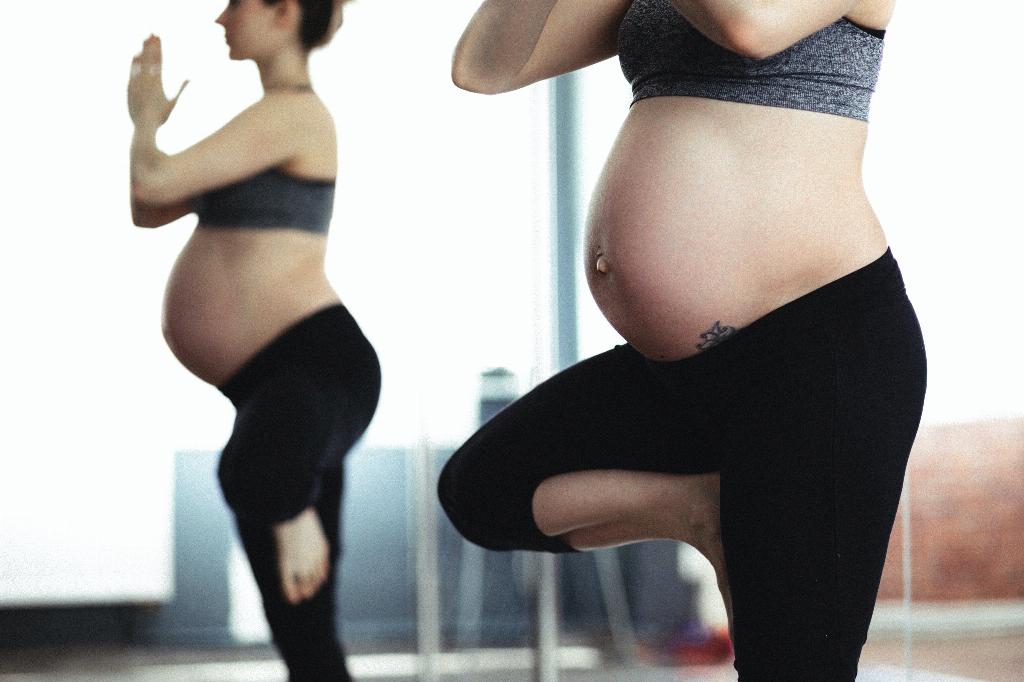During pregnancy, a woman undergoes numerous physical changes, and one often overlooked area is the feet. The extra weight and hormones can have a significant impact on a woman’s feet, leading to various symptoms that can affect her comfort and mobility. Understanding these symptoms is crucial for expectant mothers to take appropriate measures to alleviate discomfort and maintain healthy feet throughout their pregnancy.
Swelling
One common symptom of pregnancy feet is swelling, also known as edema. The body retains more fluid during pregnancy, which can cause swelling in the feet and ankles. This swelling can be exacerbated by factors such as heat, standing for long periods, or consuming excessive sodium. Wearing supportive footwear and elevating the feet can help reduce swelling.
Foot Pain
Pregnancy can also lead to foot pain due to the increased weight and pressure on the feet. This can manifest as aching heels, arch pain, or general discomfort in the feet. The hormonal changes during pregnancy can affect the ligaments and joints in the feet, contributing to pain. Using orthotic insoles and comfortable shoes with proper arch support can help alleviate foot pain.
Cramps
Cramps in the feet and calves are another symptom that some pregnant women may experience. These cramps can be similar to period pains and are often caused by hormonal changes and the growing uterus putting pressure on the blood vessels. Staying hydrated, stretching the legs regularly, and gentle massages can help relieve cramps in the feet.
Flat Feet
Some women may develop flat feet during pregnancy due to the increased weight and hormonal changes affecting the arch of the foot. Flat feet can lead to overpronation, where the feet roll inward excessively while walking. Proper footwear with arch support and consulting a podiatrist for customized orthotics can address flat feet and prevent related discomfort.
Varicose Veins
Varicose veins, enlarged and twisted veins usually found in the legs, can also develop in the feet and ankles during pregnancy. The pressure from the growing uterus and hormonal changes can contribute to the development of varicose veins. To reduce the risk of varicose veins, pregnant women should avoid standing for long periods, elevate their legs, and wear compression stockings.
Increased Shoe Size
During pregnancy, some women may notice their shoe size increasing. The hormonal changes can cause the ligaments in the feet to relax, leading to a slight expansion of the feet. It is essential to wear comfortable shoes with adequate room to accommodate any changes in foot size and prevent discomfort or foot conditions.
Changes in Gait
Pregnancy can alter a woman’s gait or walking pattern due to the changes in weight distribution and posture. The added weight in the abdomen can shift the body’s center of gravity, impacting how a pregnant woman walks. Maintaining good posture, wearing supportive footwear, and practicing gentle exercises can help improve the gait and reduce discomfort in the feet.
Sensitivity
Increased hormone levels during pregnancy can make the feet more sensitive to pressure, temperature, and touch. Some women may find that their feet feel more tender or sore than usual. Wearing soft, cushioned shoes and avoiding prolonged standing can help minimize foot sensitivity and enhance comfort.
Ingrown Toenails
Ingrown toenails, where the edge of a toenail grows into the surrounding skin, can be more common in pregnant women due to changes in foot shape, increased pressure on the feet, and hormonal fluctuations. Proper toenail care, wearing shoes with ample toe room, and seeking professional treatment for ingrown toenails can prevent infection and discomfort.
Plantar Fasciitis
Plantar fasciitis, inflammation of the band of tissue that supports the arch of the foot, can also occur during pregnancy. The additional weight and hormonal changes can strain the plantar fascia, leading to heel pain and discomfort. Stretching exercises, orthotic inserts, and supportive footwear can help manage plantar fasciitis symptoms in pregnant women.
Self-Care Tips
While experiencing symptoms of pregnancy feet, there are several self-care tips that expectant mothers can follow to promote foot health. These include wearing comfortable and supportive shoes, elevating the feet when resting, regular gentle exercises, avoiding prolonged standing, staying hydrated, and consulting a healthcare provider or podiatrist for personalized recommendations.

